NeuroStar TMS Therapy in Abilene, TX

What is NeuroStar TMS?
Transcranial Magnetic Stimulation (TMS) uses MRI technology to stimulate a part of the brain, which is significantly underactive in patients with MDD. By doing so, the brain “exercises” this underused portion, reinforcing emotionally balanced neural networks.
TMS includes 30-36 sessions every business-day; Each session lasts approximately 30 minutes while the patient sits in a comfortable chair. Unlike many antidepressants, TMS has no systemic side-effects
Don't let finances keep you from the treatment you need
TMS is Covered by Insurance!
Abilene Brain Center is in-network with the following insurance plans:
- Medicare
- Blue Cross Blue Shield of
- Texas
- United Healthcare
- Cigna
- Magellan

Video Testimonials
Hear about real patient’s stories with NeuroStar TMS Therapy
Johara's Story
with NeuroStar TMS
Richard's Story
with NeuroStar TMS
Kelly's Story

if this describes you, you may be a good candidate for TMS
contact Us to determine if TMS is right for you
- Diagnosed with Severe Major Depressive Disorder
- Tried multiple antidepressants without experiencing relief from your depression symptoms
- Experienced side effects from multiple antidepressants
- Tried psychotherapy without experiencing relief from depression
FAQs
Ketamine is a safe medication commonly used during general anesthesia (surgery). It works by blocking nerve cells in the brain that are responsible for transmitting pain signals from the spinal cord and other parts of the body.
In 2000, researchers discovered that ketamine has a significant effect on the treatment of depression – and especially those who are suffering from medication resistant depression.
Ketamine works by blocking nerve cells in the brain that are responsible for feelings of pleasure and pain. When these nerve cells are blocked, ketamine then is able to create a favorable environment for new neuron growth which allows the repair and regeneration of neural pathways in the brain. Creating these new pathways can help reduce feelings of anxiety, sadness, and despair.
It also induces a state known as dissociation where people feel disconnected from their surroundings and themselves. This helps patients overcome their depressions more quickly than traditional antidepressants alone.
The response rate for ketamine treatment for depression is extraordinary. Several studies have found that ketamine injections can help relieve major depressive episodes quickly (sometimes in as little as hours and often within four days) with little to no side effects typically seen with classic antidepressant medications. In some cases, treated patients experienced complete remission within two weeks!
The effects of ketamine treatment have been shown to cause significant relief from symptoms such as post-traumatic stress disorder (PTSD), mood swings, insomnia, postpartum mood disorders and suicidal thoughts.
Studies have also shown that ketamine has a rapid and sustained effect on symptoms of depression, compared to other treatments such as therapy or antidepressants.
Commonly used as an anesthesia for both adults and children at 2-6X higher than the dose used for treating depression, ketamine infusions are considered very safe. Additionally, ketamine does not cause the side effects that traditional antidepressant medications can cause such as weight gain, nausea, headaches, sexual dysfunction…etc.
The answer to this question depends on many factors – including your overall health condition, the severity of your depressive symptoms, your prior experience with antidepressant medications, and whether you believe the use of this type of treatment is right for you.
If you have tried other treatments without success or if your doctor recommends it as part of your overall treatment plan, then yes – ketamine therapy may be an appropriate choice for you!
The intravenous (IV) ketamine infusion process can be very different depending on a number of variables. These include the setting, the mindset and expectations of the recipient and the route of administration.
At Abilene Brain Center the process starts with a complete consultation. During this consultation, we determine whether ketamine would be clinically appropriate and beneficial to your specific circumstances.
We also discuss other psychiatric treatment options that you could pursue as well as the risks, benefits, and potential side-effects of these. If we determine that ketamine treatments are appropriate and the patient elects to begin treatment, we then schedule the ketamine infusion treatments.
Ketamine treatments are administered in our dedicated ketamine treatment rooms. These rooms are set up with both comfort and safety in mind and specifically for this type of treatment. Once the patient is comfortable, an IV catheter is inserted, and the ketamine infusion begins.
The effects are different for everyone but typically are noticed within the first five minutes. After approximately 10 minutes the full effects are achieved and then maintained for an additional 40 minutes. Total duration is 50 minutes.
After the infusion, the effects clear quickly, typically taking another 15 minutes. At that point, the patient is cleared for discharge to their home by a provider. Patients are not able to drive until the following morning, so we require that you arrange for someone to drive you home.
The initial course of treatment typically consists of a series of six (6) IV ketamine treatments. After this initial course, the patient will work with the provider to determine whether to continue the treatments or if ‘booster’ treatments will be adequate.
One of the most common worries is that the cutting-edge treatment of IV ketamine therapy will be expensive, but you might be surprised to learn that it is quite affordable.
For example, at Abilene Brain Center, the cost of a ketamine infusion ranges between $400 to $500 depending on circumstances, such as what phase of therapy you’re in, how many infusions have been done, and the frequency of treatments.
At this time, because ketamine is not an FDA-approved indication, most insurance plans will not cover this treatment. Hopefully, in time, insurance companies will see that ketamine is cost-effective and offers a safe and effective treatment for depression and change their policies to cover the expenses of this treatment.
Numbers Speak
NeuroStar TMS Therapy is supported by more research studies than any other tMS treatment device.
We've done our research
- Sackeim HA, et al. (2020). Clinical Outcomes in a Large Registry of Patients with Major Depressive Disorder Treated with Transcranial Magnetic Stimulation. J Affective Disorders, 277(12):65-74.
- Dunner DL, et al. (2014) A Multisite, Naturalistic, Observational Study of Transcranial Magnetic Stimulation (TMS) for Patients with Pharmacoresistant Major Depression: Durability of Benefit Over a One-Year Follow-Up Period. J Clin Psych, 75(12):1394-1401.
